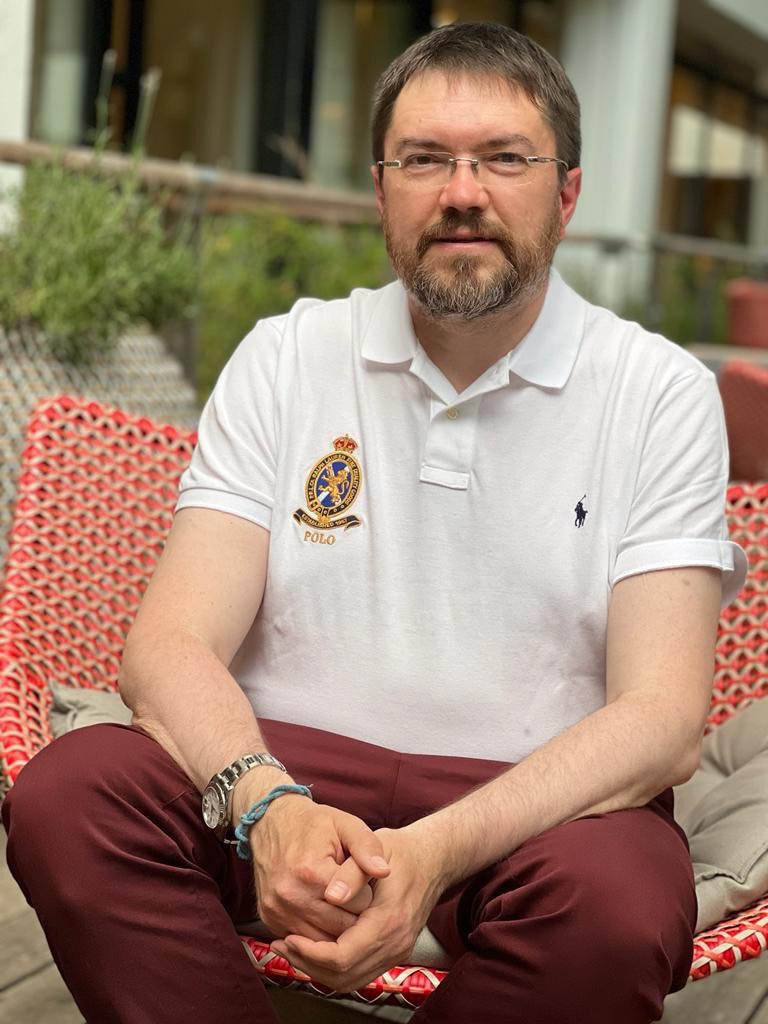
Correspondent: How do you evaluate the current development of humanities in the Europe, and why are Jewish studies relevant today?
Dr. Kozerod: Biblical culture has been one of the significant components of religious and cultural development in Europe over the centuries. The democratic principles underlying the modern political system in Europe are also largely based on biblical moral principles, as well as the principles of equality of all people before the Higher Power and the importance of every individual's opinion, who is capable of praying to Heaven and receiving a positive response to their request.
Unfortunately, as the religiosity of the European population decreases and the number of people identifying themselves as Christians diminishes, the relevance of developing such scientific fields as Hebrew, Jewish studies, and Bible studies also declines. This significantly impacts the development of modern humanities research in Europe, as well as many aspects of European society. Jewish studies are actively developing in countries such as China and South Korea, but in Europe, they are going through challenging times.
Correspondent: - How can this situation be influenced?
Dr. Kozerod.: - This situation can still be rectified, and it would be of invaluable service to European society. Today, Brussels has approved a promising program to fostering Jewish life in EU countries by 2030. However, it is not yet clear how this will be implemented with the assistance of the state. At best, significant funding will be allocated to Jewish cultural centers and communities. Yet, this alone will have little impact on the population's attitudes towards Jewish communities. In this regard, financing new programs for the study of Judaism at European universities could be very beneficial.
Faculties and departments of Hebrew and Jewish studies would indeed become centers for disseminating true and verified facts about Judaism, Jewish history, and culture. Education, in particular, will help counter the sharp rise of anti-Semitism in some EU countries, which cannot be defeated solely by implementing punitive measures and increasing criminal liability for such offenses.
Correspondent: - What practical steps can the EU authorities take in this regard?
Dr. Kozerod: - Ideally, each EU country could propose a plan to establish 2-3 faculties of Hebrew and Jewish Studies in their universities. Targeted and sustained funding would then help create or strengthen scientific schools, making them centers for disseminating true knowledge about Jewish history and culture, including the Holocaust.
The development of science in Europe in the 21st century is a significant challenge. The implementation of artificial intelligence, new methods, and technologies can greatly change the life of modern European universities and the daily practices of researchers. However, the EU authorities should not forget about the foundations on which European democracy stands: morality, respect for human rights. Multiculturalism on the continent also needs to be strengthened and developed. In this regard, it is important to emphasize that the development of Hebrew and Jewish Studies should become the main directions of humanities in the Europe.
Correspondent: - In which European countries would the development of Hebrew and Jewish Studies be most effective?
Dr. Kozerod: - I would pay special attention to Poland, Lithuania and Ukraine, as these countries are the cradle of the world's Jewish civilization. There is great potential for the development of this scientific field in these countries, but resources are lacking. In particular, the Institute of Political and Ethnonational Studies named after I.F. Kuras at the National Academy of Sciences of Ukraine, the University of Krakow and Vilnius University and other academic centers in this region have excellent scientific teams ready to work effectively in this direction. Additionally, practically every EU country also has good potential and unique developments in this field.
Correspondent: - Thank you for the interview.
Dr. Kozerod:: - Thank you.







































